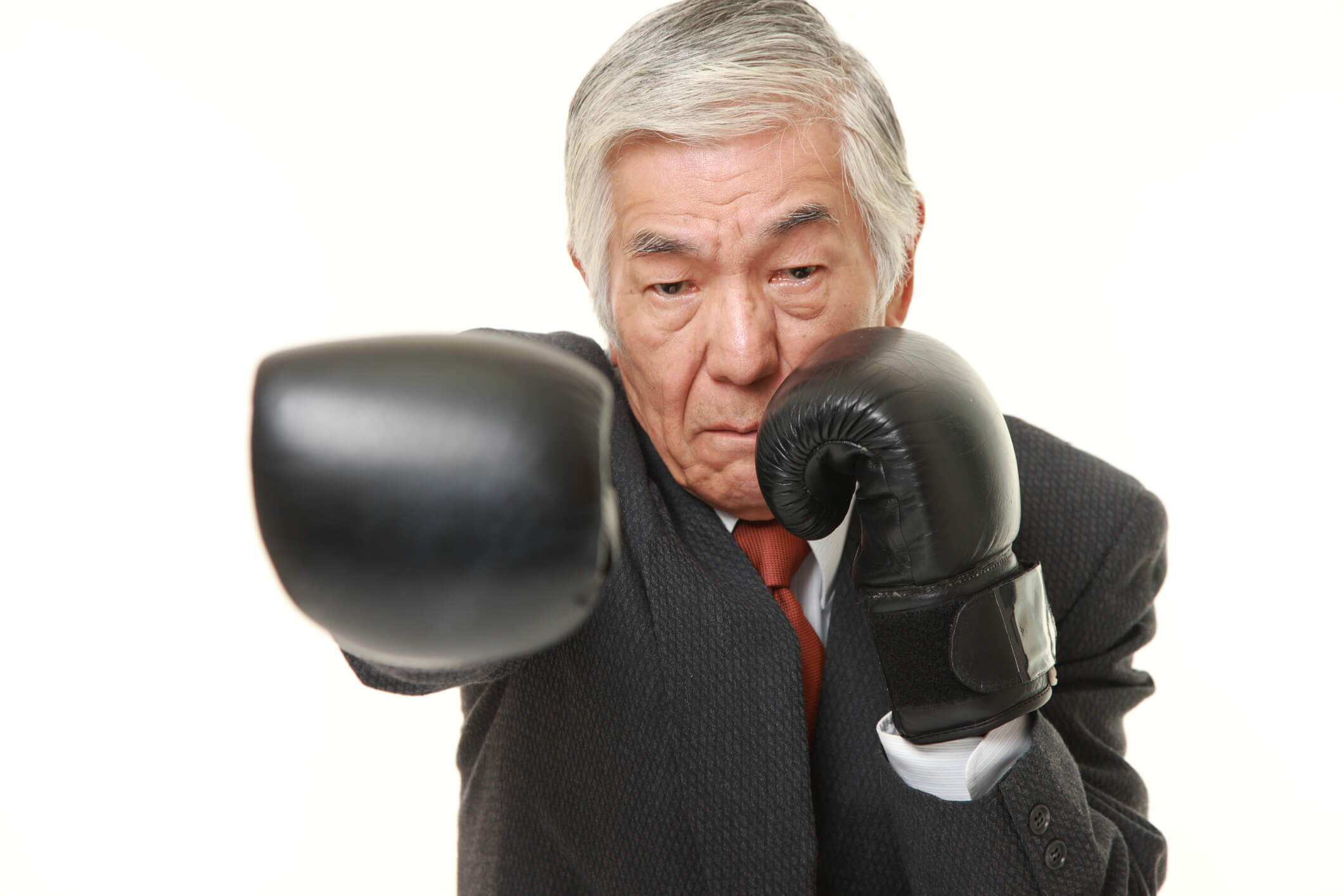
Japanese employees see promotion to manager as a “punishment game”
Articles, HR management, LeadershipNikkei Business magazine has just run a series on how Japanese employees are becoming very reluctant to be promoted to manager, seeing it as a “punishment game”. Comedy shows on Japanese TV often involve a “punishment game” (罰ゲーム batsu gehmu) where after a bet or a game like scissors paper stone*, the winner inflicts some kind of punishment – like a slap, or eating something disgusting – on the loser.
This reluctance to be promoted to management has been noted for at least two decades now, as the compensation for management level jobs has become less based on seniority increments and more on performance and job content. At the same time, the declining population means there are fewer people below to delegate to and many of the younger generation do not want responsibilities delegated to them.
Playing managers
Japanese managers have felt they have to be “playing managers” – a term taken from baseball, meaning that a person has both to manage the team, but also be a high performing player in the team. The strain of doing this is obvious. Nikkei Business cited one woman General Manager who quit because she also had to be a manager of multiple teams, coaching younger inexperienced people, as well as look after her children and parents.
Another issue is that being promoted to manager may now mean you have to manage people older than you – something that was taboo under old seniority based systems. According to the Nikkei Business introduction, the stress of this meant one man left his successful career at a Japanese traditional company to join a foreign owned company, where age related status was not such an issue.
Why over half would turn down promotion
These anecdotes are backed up by a survey by Musashino University of 340 management candidates under 40, which showed that over half (52%) of respondents would turn down a promotion to manager. Other research quoted by Nikkei Business shows that whereas in 1981 a general manager could earn more than double the total take home pay of a non-management employee, it is now less than double. This may be due to higher salaries to retain younger, digitally skilled employees.
Other research shows that the average age of appointment to team leader in Japan is around 38 years old, whereas in the USA it is 34 and in India, China and Thailand it is around 29 or 30. The average age for becoming general manager in Japan is 44, 37 in the USA, 32 in Thailand and just under 30 for China and India. There is also a higher mortality rate amongst Japanese managers compared to European managers.
The legacy of the lost three decades
Japan ranks 43rd in the world in IMD’s World Talent Ranking – which looks at “investment and development” “appeal” and “readiness”- a legacy of the days when managers only had “on the job training”. Switzerland ranks 1st, again, Germany 12th, USA is 15th and the UK has dropped to its lowest ranking since 2019, of 35th – which is where Japan was in 2019. Unsurprisingly, given the inward looking nature of the past “lost three decades“, Japan scores particularly low on international experience and senior management competence.
Nikkei Business says Japanese companies have become wine glass shaped – top heavy with people in their late 50s and 60s, with more people in their 20s and 30s at the base, putting the squeeze on the fewer people who are the “stem”, in the middle management roles in their 40s and early 50s.
The solution is empowerment
Nikkei Business points to some solutions arising from the research, for example that senior managers should not be top down and directive in their style, and to allow their team to have more say and influence in decision making.
It seems to me that there should be less emphasis on quantifiable performance, when deciding how to compensate managers, and more emphasis on job content and qualitative targets, such as developing and motivating employees. This is something that is beginning to happen at some companies (Hitachi, Panasonic Industry and Ricoh are specifically mentioned in the series), who are moving to the “job gata” system, where job content is more clearly defined and employees are meant to take more control over their own career paths and development.
At Japan Intercultural Consulting, our training on agile project management explicitly states that managers should not be “playing managers” but instead focus on supporting the team by providing resources and removing barriers to productivity – a management style known as “servant leadership”.
*Wikipedia calls the game “rock paper scissors” – apparently that’s the more common name in the USA. Perhaps we should all call it jankenpon, the Japanese name. It came to the West from Japan, who, in turn, got it from China.
Related articles
Extremely inappropriate!
I thoroughly recommend Extremely Inappropriate! (不適切にもほどがある! Futekisetsu ni mo Hodo ga Aru!) a Tokyo
New approaches needed by Japanese companies to Generation Z
Judging by this article in the Nikkei Business magazine (¥), many of the concerns and valu
End to ‘One Size Fits All’ Employee Development in Japan
At a meeting I facilitated of Japanese and non-Japanese board directors of a financial services comp





